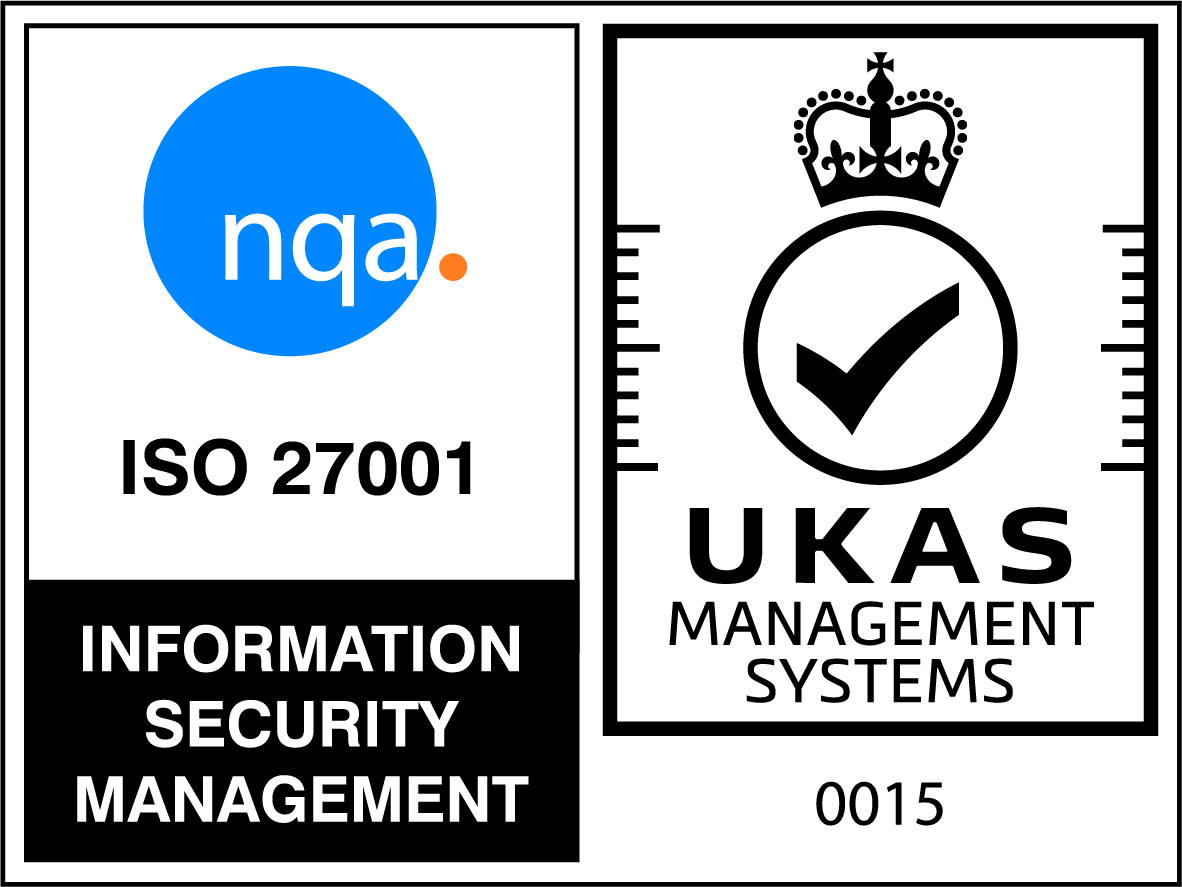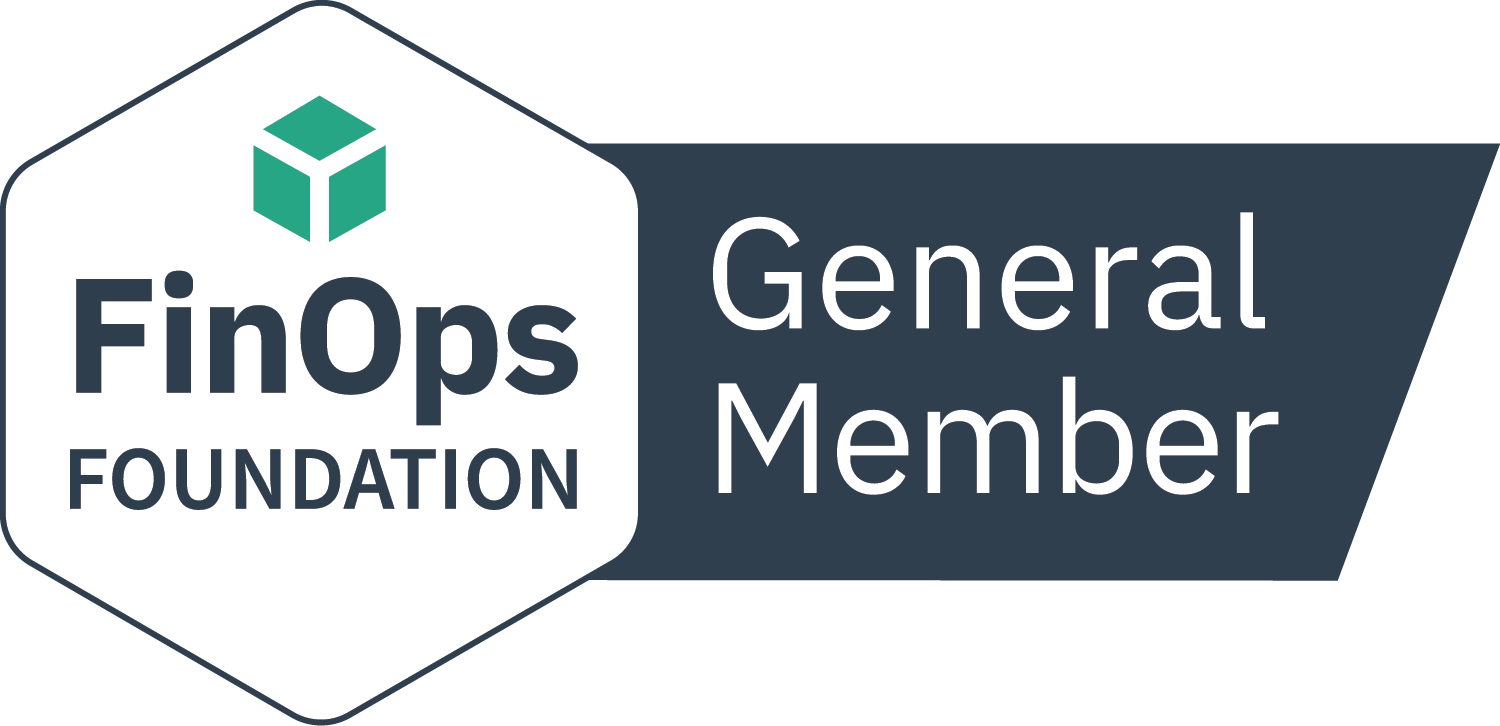No-Fee Terms and Conditions (NFTC) Licensed products are typically available free to “support internal business operations” for a given period (3 Years). Oracle have decreed that NFTC rules only apply to the version being the latest or a recent version within 12 months of a subsequent latest Long-Term Release (LTR) which is now V21.
This is because Oracle wants to keep organisations on the latest LTR version and not want to maintain free support for older LTR versions which are licensed under the NFTC license agreement. So, for Oracle Java V17 it is only free under the NFTC license agreement whilst:
- It is the latest Long-Term Release (LTR)
- 12 months after the next LTR (v21) comes out
- Staying on update 12 or lower
The ‘free’ NFTC license agreement only includes Updates 1 through 12. When update 13 or a higher is installed, then Java V17 will be licensed under the Oracle Technology Network (OTN) License Agreement and becomes chargeable for all usages in a non-development environment (e.g Production, Disaster Recovery and End User Compute Devices).
Using Oracle Java V17 update 13 or higher in a non-development environment means that organisations will be required to procure a subscription under the Oracle Java SE Universal Subscription model – meaning they must pay for all their employees even if only 1 machine is using an OTN licensed Java product.
This milestone will pass for Oracle Java V17 in October 2024 when update 13 is released, so customers need to be aware of the change to the licensing rules and what this means.
As the newer LTR V21 came out in October 2023, anyone on V17 who installs V17 update 13 and above, will fall under the OTN conditions automatically from October 2024.
What’s the Risk?
Customers on older versions of Java may not know what they’ve got and V17 users will likely be on earlier updates as well. When users are asked if they’d like to update V17 to the latest update 13 or beyond, Oracle will detect and record the action.
Performing these updates without an Oracle Java SE Universal Subscription license will mean the organization becomes non-compliant and more likely to receive an Oracle Java Audit.
As of Oracle’s updated terms in 2023, these customers will be automatically moved on to the current Oracle Java SE Universal Subscription model that requires licensing for the entire employee base. This metric is applied regardless of how many employees use Oracle Java, often leading to severe and disproportionate costs.








